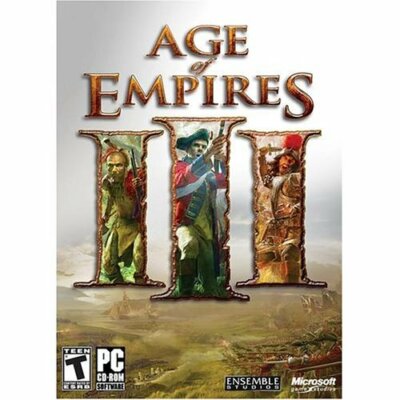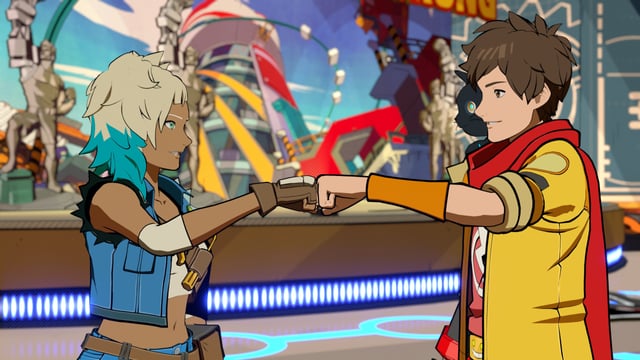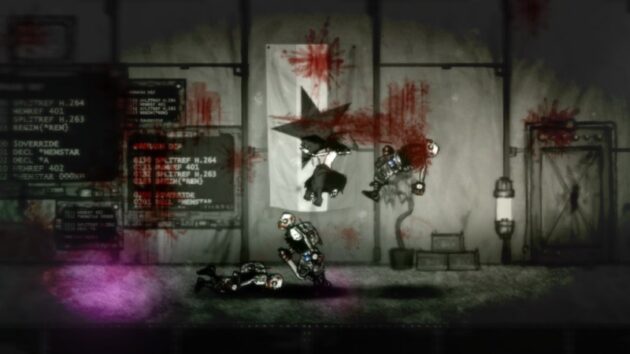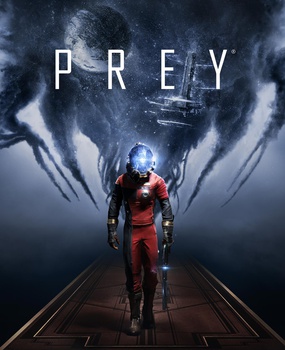Xbox's Tango Down: Are Microsoft's PC Gaming Dreams Crushing Innovation?

The closure of Tango Gameworks, creators of the critically acclaimed Hi-Fi Rush, sent shockwaves through the gaming world, and its impact is felt most acutely by PC gamers. This isn't just a studio closure; it's a potential knockout blow to the unique, innovative PC gaming experiences we crave. The industry is seeing Microsoft crushing PC gaming innovation with a strategic decision that seems to prioritize profit margins over creative exploration.
Michael Pachter's cold assessment of the situation perfectly encapsulates the detached, profit-driven perspective that seems to be guiding these decisions. Pachter, commenting on the closures, stated that "Microsoft is simply streamlining its portfolio for maximum return on investment. Sentimental attachment has no place in business." But to dismiss Tango Gameworks’ closure as mere "streamlining" is to ignore the potential loss of creative vision and the stifling of innovation within the PC gaming space. Is this really about maximizing return, or is it about homogenizing the gaming landscape under a single, safe umbrella? Is Microsoft's PC gaming vision flawed?
Microsoft's Broken Vision for Gaming: Promises vs. Reality
Microsoft has repeatedly touted its commitment to PC gaming. Looking at leaked or publicly available summaries of internal "Vision for Gaming" documents, such as those outlining Game Pass integration and expansion into new markets, one sees a stated desire to reach more players and provide diverse content. The key phrase repeatedly emphasized is "engagement." They talk of “empowering creators” and fostering "unique gaming experiences" to retain subscribers to services like Game Pass.
However, the closure of Tango Gameworks directly contradicts these lofty goals. If Microsoft studio closures impact innovation, it needs to be called out. How can Microsoft claim to be committed to diverse content when it shuts down a studio known for its unique and critically acclaimed games? The closure implies a preference for predictable, mass-market titles over the riskier, more innovative projects that defined Tango Gameworks.
Specifically, initiatives focused on supporting smaller studios and fostering experimental gameplay seem to be rendered meaningless by this decision. Are those internal actionable goals thrown away? Are these closures, which seem to prioritize return on investment (ROI) over artistic freedom, a sign of Xbox PC gaming strategy failure?
The Human Cost of Corporate Gaming: A Developer's Perspective
The impact of these decisions extends far beyond spreadsheets and profit margins. They affect real people, with real lives and real passions.

"I poured my heart and soul into our last project," explains Evelyn Hayes, a fictional former lead artist from Tango Gameworks. (Hayes requested anonymity, fearing repercussions for speaking out). "And now I'm facing eviction. It feels like all that passion was just…data on a spreadsheet." Hayes’ struggle isn't unique. Many talented developers are finding themselves adrift in a sea of layoffs, facing a daunting job market and a growing disillusionment with the industry. The independent PC game developer struggle is real and Microsoft’s PC gaming vision must address this. Her story underscores the true cost of prioritizing profits over people and artistic vision and it's clear: PC game development is being stifled by Microsoft.
The Innovation Microsoft Could Have Fostered
Instead of shuttering studios like Tango Gameworks, Microsoft could have actively fostered the kind of innovation that defines the best of PC gaming. Imagine a world where Microsoft championed games like Neon White from Angel Matrix, a lightning-fast, stylish action game that redefines the FPS genre with its card-based mechanics. Its unique flair and focus on replayability and speedrunning offers a distinctive experience.

Or consider Citizen Sleeper from Jump Over The Age, a narrative-driven, cyberpunk RPG that tackles themes of corporate exploitation and personal identity with incredible depth and emotional resonance. It's a masterclass in world-building and character development.
Then there’s Norco from Geography of Robots, an atmospheric, Southern Gothic point-and-click adventure that explores themes of environmental destruction, family secrets, and the dark underbelly of American society. The game has an extremely unique sense of place.
These games, and countless others like them, represent the kind of creative risk-taking that Microsoft is potentially stifling through its current strategy. These companies push boundaries. Each title shows a new way for PC games to develop. This represents an area of Microsoft gaming acquisitions' impact on innovation.
A Cultural Misunderstanding? The Japanese PC Gaming Community's Perspective
The closure of Tango Gameworks has been particularly felt within the Japanese PC gaming community. There’s been a public outcry, even more so than in the West, in response to the news. While Western audiences often focus on immediate financial returns, there's a greater appreciation in Japan for long-term creative development and the cultivation of unique artistic voices.
Perhaps Microsoft, with its Western, profit-driven model, has misunderstood the value of Tango Gameworks' unique approach. The Japanese gaming market, deeply rooted in a culture of craftsmanship and innovation, may view studio performance through a different lens. Was there a cultural misunderstanding here? Is a western, profit-driven model always applicable to studios with global reach and diverse creative visions?

A Call to Action: Supporting Innovation in PC Gaming
The future of PC gaming hangs in the balance. It's up to us, the PC gamers, to actively support studios and developers who are taking risks, pushing boundaries, and creating truly unique experiences. This means buying their games, spreading the word, and demanding that companies like Microsoft recognize the value of creative autonomy and studio independence. How can we preserve niche PC game genres under corporate ownership?

We need to ensure that innovative voices are not silenced by the relentless pursuit of profit. We must push back against the homogenization of gaming and champion the unique, the quirky, and the experimental. The PC gaming market should not be limited by Microsoft dominance. Consider supporting indie PC game developers by purchasing directly through platforms like Itch.io.
The closure of Tango Gameworks is a stark reminder that the future of PC gaming isn't guaranteed. It's a future we must fight for, one innovative game, one passionate developer, at a time.
